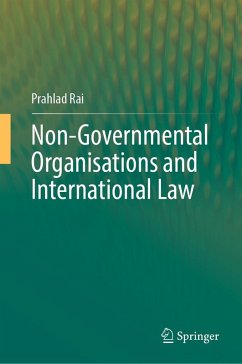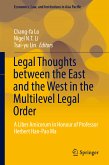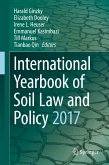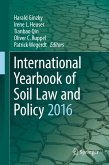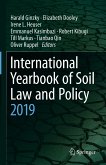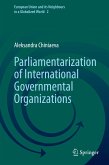This book explores how non-governmental organizations (NGOs), with their sphere of influence within the State and beyond, enrich the international community by working on critical areas affecting people's lives and expectations, to facilitate a more humanising international law. It provides ideas, highlights issues, and identifies actors, actions, and the scope of NGOs in international law. It charts possibilities and limitations of NGOs within the legal framework of a State and its evolution over the years. The book highlights how NGOs, having obtained 'consultative status' from the UN Economic and Social Council, have now extended their access and area of influence to international actors like inter-governmental organisations, international courts and tribunals. It provides an overview of NGO's performance and the important role they play in the making of human rights, protection of environment and business ethics. The book is primarily doctrinal containing case studies of important NGOs. The purview is an inquiry, analysis and overview of literature of NGOs in international law from a wide range of sources. The book will help shape the debate over power and functions of NGOs in the background of new loci of NGOs' work. It is useful for students, research scholars, the NGO community, corporations' CSR departments, and concerned governmental agencies. Additionally, being interdisciplinary in nature, it caters to the demands of politics, sociology, management, public policy and social work apart from law.
Dieser Download kann aus rechtlichen Gründen nur mit Rechnungsadresse in A, B, BG, CY, CZ, D, DK, EW, E, FIN, F, GR, HR, H, IRL, I, LT, L, LR, M, NL, PL, P, R, S, SLO, SK ausgeliefert werden.

